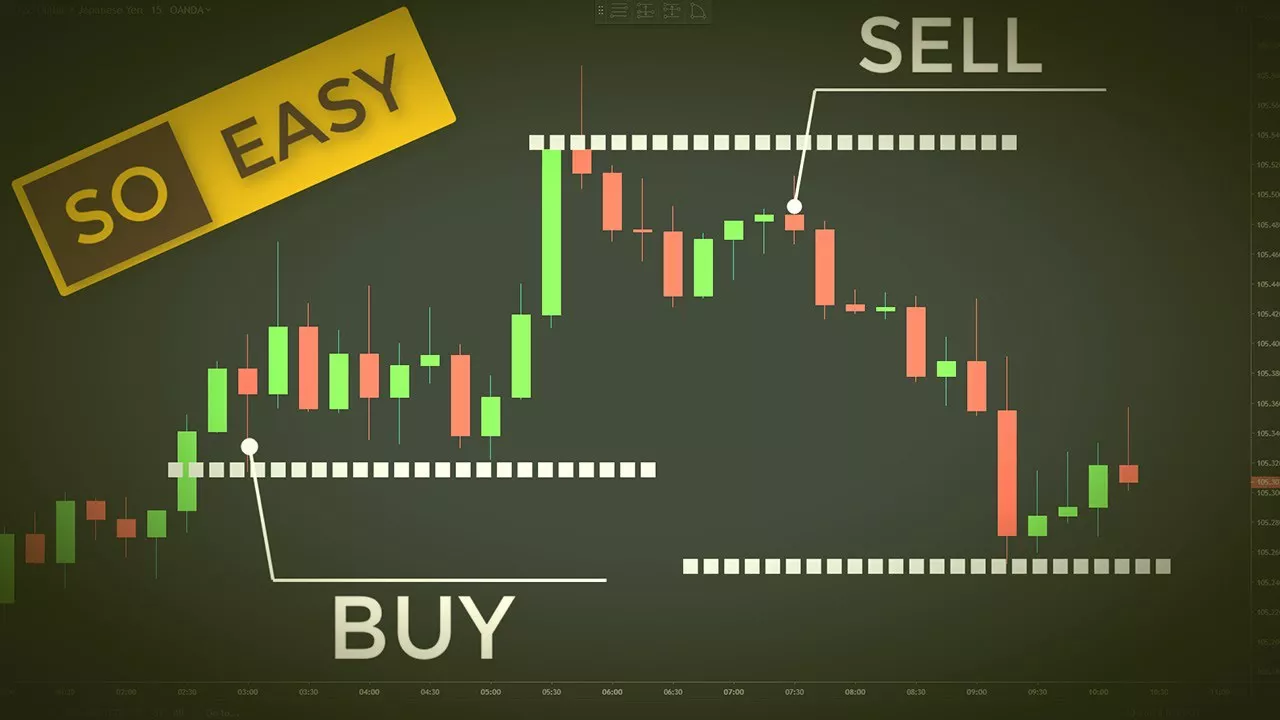In Tuesday’s early Asian session, the West Texas Intermediate (WTI), which is the US crude oil benchmark, is trading around $70.20. The price is trading on a flat note as traders are waiting for the Federal Reserve’s (Fed) interest rate decision that’s set for Wednesday.
Impact of Chinese Spending Data
Slow Retail Sales in China
Chinese November Retail Sales grew slower than expected. The data showed that they rose 3.0% year-on-year in November, compared to 4.8% before and below the market consensus of 4.6%. This has raised concerns about weakness in consumer spending in China.
Effect on WTI Price
Since China is the world’s largest oil importer, this sluggish growth in retail sales undermines the WTI price. As Bob Yawger, director of energy futures at Mizuho in New York, said, “It’s just a very bearish scenario where there’s not a lot hope of demand growth for crude oil.”
Traders’ Reaction and Fed’s Role
Cautious Stance and Profit-Taking
Analysts think that the markets might turn cautious. Traders could take profits while they wait for the Fed’s interest rate decision on Wednesday. The US Fed is expected to cut interest rates by 25 basis points (bps) at the December meeting. Traders will look for more clues from the press conference and dot-plot that come after the monetary policy meeting.
Fed’s Influence on WTI Price
Any hawkish remarks from the Fed officials might make the Greenback stronger and pull the USD-denominated commodity price, like WTI, lower.
Geopolitical Risks and Their Impact
Sanctions on Russia and Iran
The geopolitical risks due to additional sanctions on crude producers Russia and Iran might help limit the WTI’s losses. US Treasury Secretary Janet Yellen talked about the possibility of targeting Chinese banks and “dark fleet” tankers to stop oil revenue from funding Russia’s war in Ukraine.
Effect on WTI Price
Moreover, the heightened sanctions on Iranian crude exports might give a boost to the WTI price. So, despite the bearish market pressure from factors like weak Chinese spending data, these geopolitical aspects could cap its downside.
Related topics:































